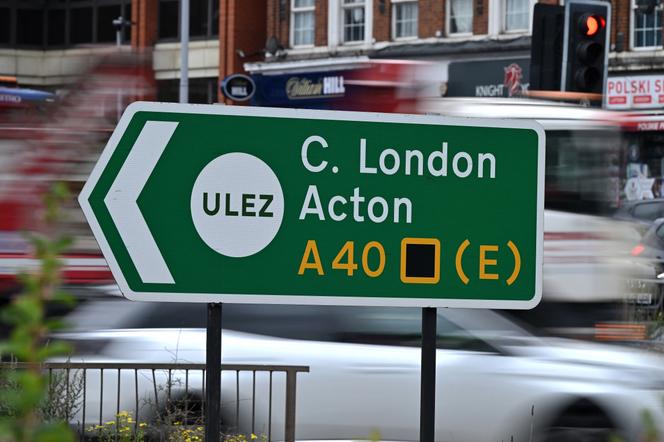


With the extension of the Ultra Low Emission Zone (ULEZ) to encompass the outermost areas of London on Tuesday, August 29th, there has been a growing outcry from the Conservatives who are urging a pause to the initiative led by Labour's Sadiq Khan, the mayor of London. "Act now to block Khan's war on cars," ran the headline in the Daily Telegraph on August 23. The Tory newspapers reported that Downing Street advisers to Prime Minister Rishi Sunak had been working on ways to halt the ULEZ roll-out, so far to no avail.
The expansion of ULEZ will affect a further 5 million Londoners: Drivers of pre-2006 petrol vehicles or pre-2015 diesel cars will have to pay a daily tax of £12.50 as soon as they get behind the wheel. The expansion towards distant suburbs lacking robust public transportation connections has sparked negative responses, particularly due to Khan's imposition of the extension with limited debate, and the incentives aimed at facilitating vehicle changes capped at just £2,000.
In mid-July, an unexpected Tory triumph in Uxbridge marked a significant moment. This victory, achieved through the rejection of ULEZ, occurred during a by-election prompted by Boris Johnson's resignation as the member of Parliament for this northern London constituency. It led the Conservatives to seize the opportunity and, for the first time, leverage environmental issues for political advantage. At the risk of breaking the consensus that has prevailed until now on climate-related issues in the United Kingdom, they hope to regain ground at the national level, where they are trailing Labour by an average of 15 points in the polls.
Since the beginning of August, Sunak and his ministers have made a series of outspoken statements, blurring the country's image as a good climate student, "with the cynical aim of short-term political gain," said Elizabeth Bomberg, a political scientist at the University of Edinburgh. Describing himself as a member of the "motorists' party," Sunak initiated an investigation into community efforts to establish semi-pedestrian zones in towns and cities across England. He visited Aberdeen, the hub of the UK's oil and gas industry, in order to emphasize backing for the issuance of fresh oil licenses within the North Sea.

Compared to other countries in Europe and the USA, the transpartisan consensus that prevailed until now was remarkable. "Even the most right-wing of voters saw the fight against global warming as a priority," said Luke Tryl, director of More in Common, an opinion polls specialist. Some, like David Frost, Johnson's former Brexit minister, called for a slowdown in greenhouse gas emission reduction targets, but their voices have remained marginal.
You have 54.73% of this article left to read. The rest is for subscribers only.
